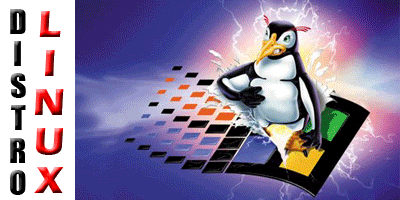Rp. 10.000,-
In GoboLinux you don't need a package manager because the filesystem is the package manager. Each program resides in its own directory, such as /Programs/Xorg/7.2 and /Programs/KDE/3.5.8. Each file category (executables, libraries, headers) can also be accessed through unified symlink views, such as /System/Links/Libraries and /System/Links/Headers. These views match the legacy directories (/bin, /usr/include, /usr/local/share, and so on), achieving total Unix compatibility while keeping program directories completely self-contained.
Live CD
The GoboLinux CD serves both as an installation disc and a Live CD, with a complete graphical desktop featuring KDE 3.5.8, OpenOffice.org 2.3.1 and a host of applications. In fact, due to the modular nature of the GoboLinux filesystem, every program available in the CD can be used directly from the "live" environment -- the work of the installer is to simply copy the user's selection to the destination partition (respecting dependency chains).
Graphical installer
Since version 010, GoboLinux features an installer that works on both text and graphical mode. The feature set of both modes is identical, thanks to the innovative AbsTK (Abstract Toolkit), created by the GoboLinux team especially for this installer: a unified widget toolkit for Python which detects and adapts itself for different environments. It currently supports two backends: ncurses/console and Qt/X11.
Hardware detection
GoboLinux features a Udev-based hardware detection system. A large number of devices are detected, loading the appropriate kernel modules. Video detection is performed separately, by Xorg's own autodetection mechanism. If for any reason video card detection fails while booting the Live CD, you can skip to the default, "vesa", which works for most cards (unaccelerated).
Video and peripherals
Video cards are supported through the Xorg X11 server, with the fallback "vesa" driver covering the vast majority of current cards. A large number of sound cards are supported through ALSA (Advanced Linux Sound Architecture) and OSS (Open Sound System). Other peripherals are supported through additional packages (SANE, GPhoto, etc.) available in the GoboLinux repository and recipe store.









0 comments:
Post a Comment